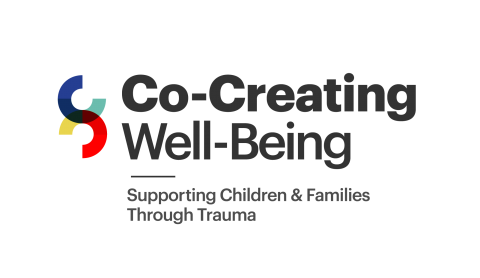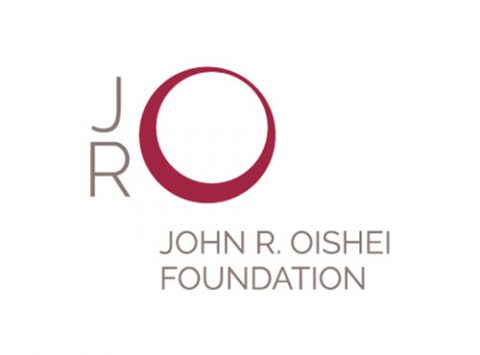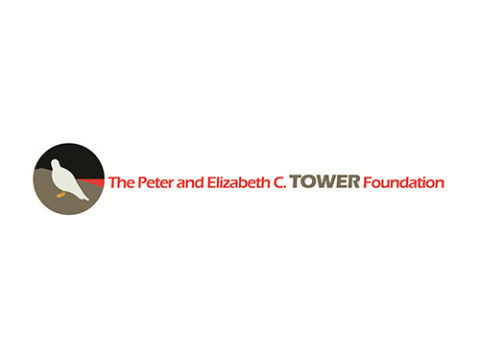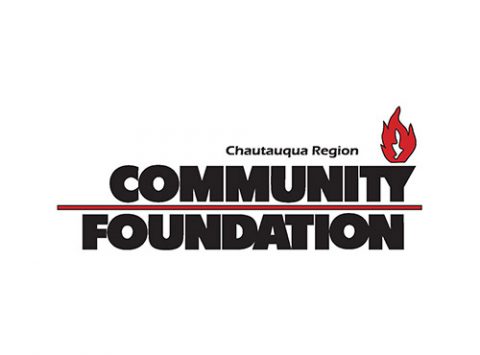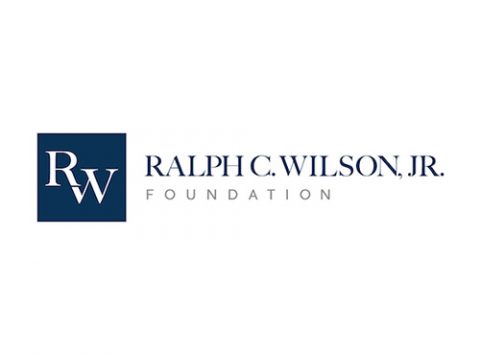Co-Creating Well-Being: Supporting Children and Families Through Trauma
What is possible when children and families have support to improve their well-being and address the potential biological, developmental and emotional results of trauma and toxic stress? The Health Foundation for Western & Central New York, through the Co-Creating Well-Being initiative, partnered with community, funders, health and human services organizations, early childhood and clinical providers and faith-communities to identify, improve, iterate, and deliver programs that nurture resilience and healing. The aim is to reduce the potential biological and developmental impact of trauma and toxic stress and support well-being through the incorporation of trauma informed principles and an innovative approach called human-centered design.
What is Human-Centered Design?
Human-Centered Design is an approach to problem solving that puts the knowledge and needs of people experiencing a problem at the core. It provides a toolkit for deeply understanding people’s needs and experiences, generating ideas to meet those needs, and then testing solutions with – and learning from – the people that will use the program or service.
Through our work and research around the needs of children and families experiencing the impact of trauma and toxic stress, we learned that developing and investing in programs and interventions that reach and appropriately meet the needs of this group must be continually evaluated, developed, and expanded upon.
Why talk about trauma?
When we talk about trauma, we recognize that for many people, it can be a difficult, uncertain and sensitive topic. It shows up every day in more places than we realize— it is not just a mental health sector issue; trauma exists in places like juvenile detention and addiction support systems, pregnancy and maternity care, and even in schools and universities.
Research shows nearly half of the U.S. population will experience a traumatic event such as the loss of a loved one, a serious injury, witnessing a violent crime, domestic/intimate partner violence, abuse or neglect at some point in their lives. When these experiences take place early in life, the implications can be life-long and generational – but they do not have to be. Trauma can be a part of everyday life. To offset its impact on children and families, we need to support trauma-informed services and systems in our communities that promote healing and well-being.
Building Capacity: Phase One Completed
This multi-year initiative will be executed in three discrete phases that stand alone and will also build upon one another. This approach follows a less traditional path; in the first phase we asked interested parties to first submit an application to attend two workshops.
Engaging Communities: Phase Two
In Phase Two participants that attended one of the Human Centered Design trainings in Phase One will have an opportunity to further enhance their knowledge and skills on gathering and interpreting community insights. These insights will be compiled and shared in an Insights Report.
